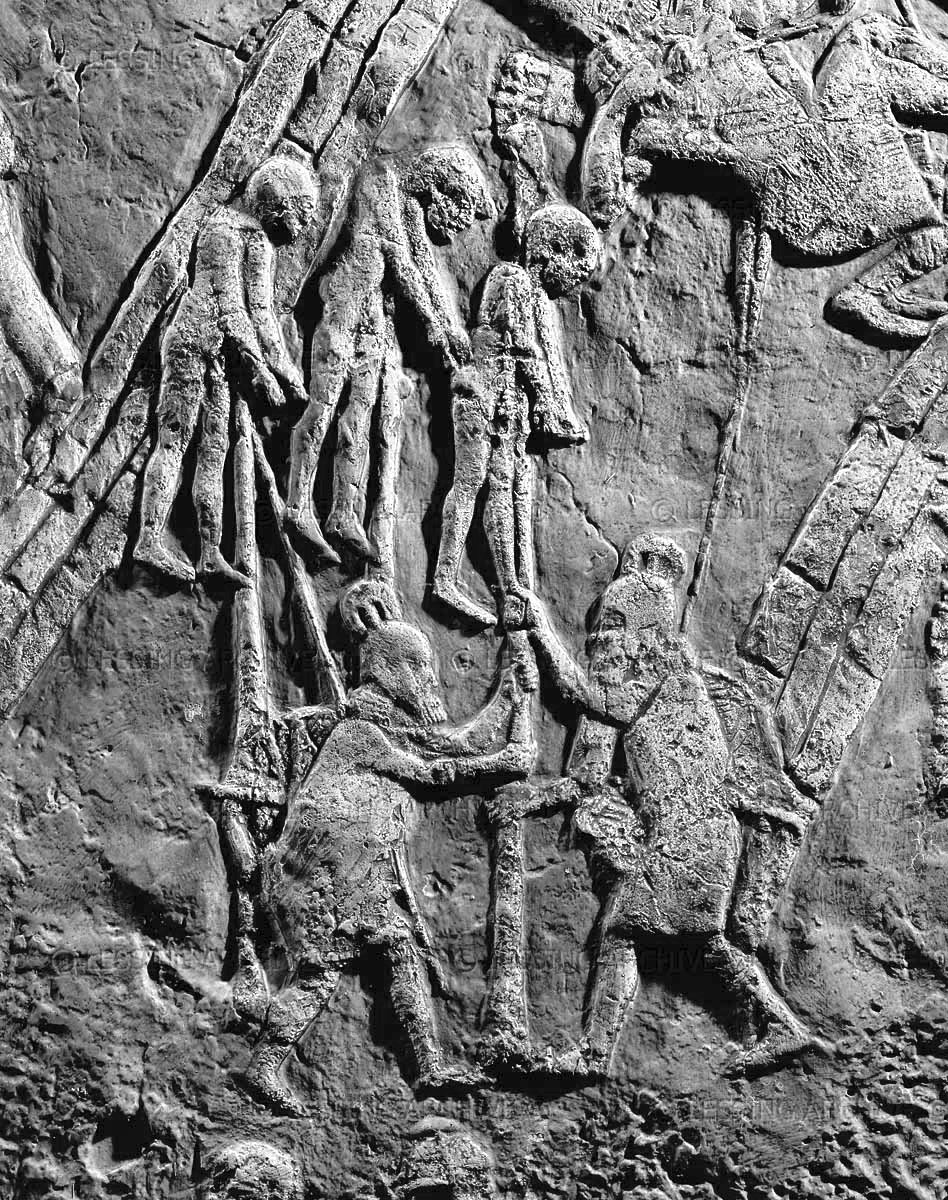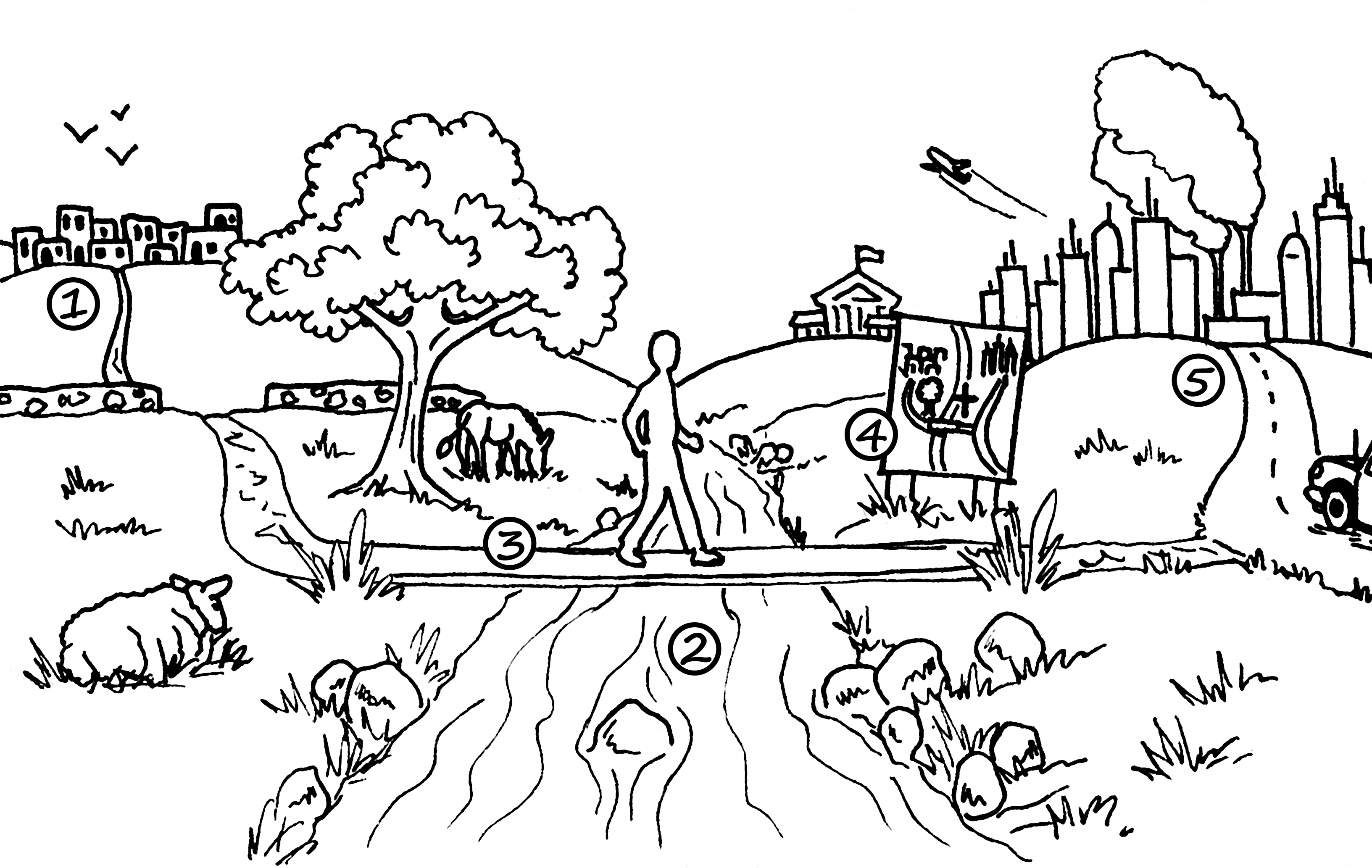Lesson Objectives
By the end of this lesson, the student should:
(1) Know the likely date and historical setting of Obadiah, Jonah, Micah, Nahum, Habakkuk, and Zephaniah.
(2) Be able to outline the primary themes and purposes of Obadiah, Jonah, Micah, Nahum, Habakkuk, and Zephaniah.
(3) Appreciate God’s sovereignty over all nations.
(4) Relate the messages of the Minor Prophets to the needs of today’s world.
(5) Understand basic principles for interpreting Old Testament prophecy.

 Artwork showing Assyrian cruelty
Artwork showing Assyrian cruelty 
